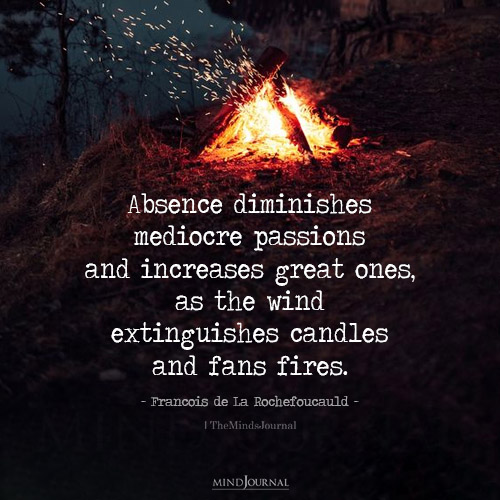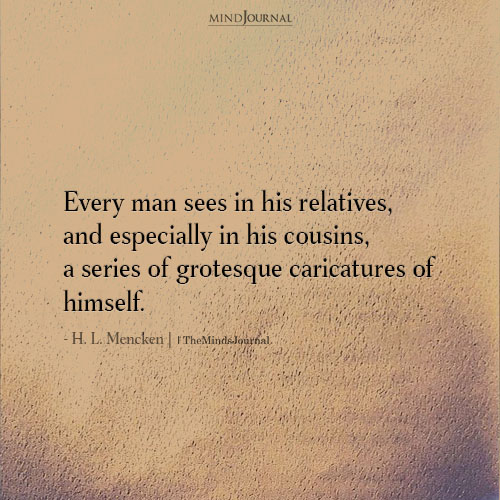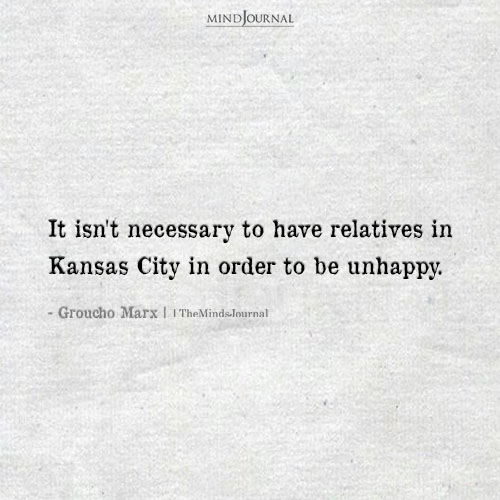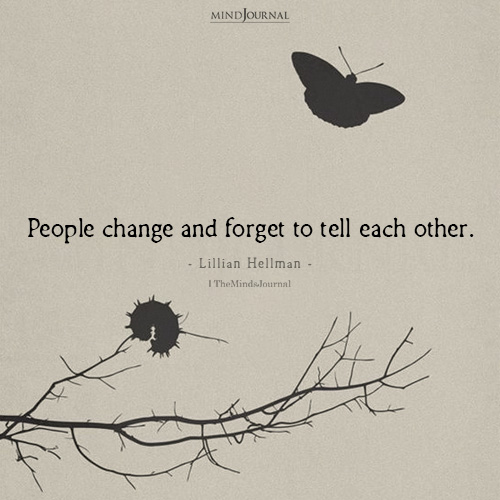Do the best you can until you know better. Then when you know better, do better.
– Maya Angelou
This quote by Maya Angelou, “Do the best you can until you know better. Then when you know better, do better,” encapsulates a powerful message about personal growth, continuous learning, and the pursuit of improvement. Here’s a detailed breakdown of its meaning:
“Do the best you can until you know better”:
Angelou begins by emphasizing the importance of effort and intention. She acknowledges that, at any given moment, individuals are doing the best they can with the knowledge, skills, and resources available to them. This part of the quote highlights the importance of making the most of what we have and striving to do our best, even when faced with limitations or uncertainties.
It suggests that we should not be overly critical of ourselves for not knowing everything or for making mistakes, as these are part of the human experience.
“Then when you know better, do better”:
The second part of the quote introduces the concept of growth and improvement. Angelou suggests that as we acquire more knowledge, gain new insights, and develop better understanding, we have a responsibility to apply this new awareness to our actions.
This part of the quote underscores the importance of learning from our experiences and using that knowledge to make better choices in the future. It emphasizes that personal growth is a continuous journey, and that we should always strive to improve ourselves and our actions as we learn and evolve.
In essence, Angelou’s quote underscores the dynamic nature of personal development. It acknowledges that we are constantly learning and evolving, and that our actions should reflect this ongoing process of growth. The quote encourages individuals to be kind to themselves in their current state while also committing to continuous improvement.
By emphasizing the importance of doing the best we can with what we know, Angelou advocates for a compassionate and realistic approach to self-evaluation. This perspective encourages individuals to recognize and appreciate their efforts, even if they are not perfect, and to understand that growth is a gradual and ongoing process.
Furthermore, the quote serves as a reminder that knowledge and understanding are powerful tools for change. As we learn more about ourselves, others, and the world around us, we have the opportunity to make more informed and compassionate choices. This part of the quote highlights the ethical responsibility that comes with knowledge – the idea that once we know better, we should act on that knowledge to create positive change.
Moreover, Angelou’s quote speaks to the importance of adaptability and resilience. It suggests that we should be open to new information and willing to adjust our actions and behaviors accordingly. This mindset fosters a growth-oriented approach to life, where challenges and mistakes are seen as opportunities for learning and improvement rather than as fixed failures.
The quote also touches on the theme of self-compassion. By acknowledging that we are doing the best we can with the knowledge we have, Angelou encourages us to be patient and forgiving with ourselves. This self-compassion creates a supportive internal environment that allows for honest self-reflection and meaningful growth.
In practical terms, Angelou’s wisdom can be applied to various aspects of life, including personal relationships, professional development, and social responsibility. In personal relationships, it means striving to communicate and behave with kindness and respect, and to improve these interactions as we gain more understanding.
In professional development, it involves continually seeking to enhance our skills and knowledge, and applying these improvements to our work. In terms of social responsibility, it means being aware of the impact of our actions on others and the environment, and striving to make more ethical and sustainable choices.
In conclusion, Maya Angelou’s quote offers a timeless lesson on the importance of continuous learning and personal growth. By emphasizing the need to do the best we can with what we know and to improve as we learn more, she encourages a compassionate and growth-oriented approach to life.
This perspective fosters resilience, adaptability, and ethical responsibility, and highlights the transformative power of knowledge and understanding. Angelou’s wisdom reminds us that while we are all works in progress, our commitment to doing better as we learn more is what drives meaningful and lasting change in ourselves and the world around us.
Read: 50 Beautiful Maya Angelou Quotes That Celebrate Love and Life
Maya Angelou Quotes, quotes about maya angelou, best maya angelou quotes, short maya angelou quotes, famous maya angelou quotes, maya angelou quotes about life, Life Quotes, quotes about life, life quotes deep, live life quotes, best life quotes, living life quotes, positive life quotes








Leave a Reply
You must be logged in to post a comment.